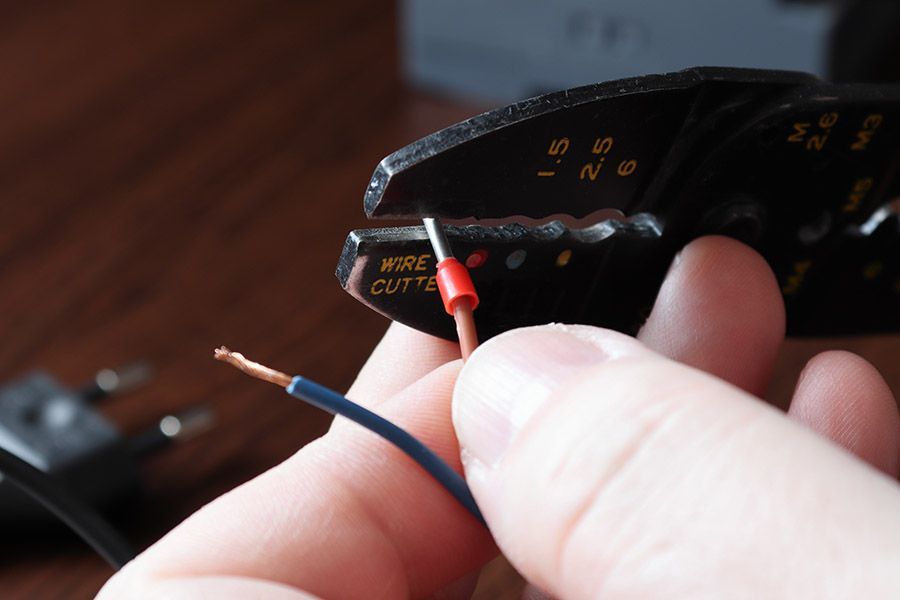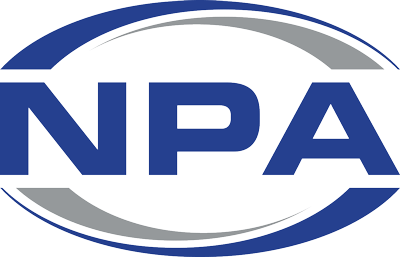
If you are in the market for ferrules, it can be overwhelming to navigate through the different types and sizes available.
In this guide, we will answer some of the most common questions buyers ask when purchasing ferrules.
What Are Ferrules?
Ferrules are small tubes made of metal that are crimped onto the end of a wire to create a strong, reliable connection between the wire and a terminal block or connector.
They come in various sizes and shapes, making them suitable for different wire diameters and applications.
Ferrules provide strain relief and protect the wire strands from damage, ensuring a long-lasting and secure connection.
What Are Ferrules Used for?
Ferrules are used in a variety of applications where a reliable electrical connection is essential.
They are commonly used in electrical and electronics industries to terminate wires that connect to screw terminals or spring clamps. Ferrules provide a secure connection and help prevent wire strands from coming loose or breaking.
They are also used in automotive, aerospace, and industrial applications to terminate wires that connect to sensors, motors, and other devices.
What Are the Different Types of Ferrules?
There are two main types of ferrules: insulated and uninsulated. Insulated ferrules are made of metal and have a plastic colour-coded collar that indicates the wire size they are designed to fit and insulates the exposed part of the ferrule. This provides electrical insulation and helps prevent short circuits.
Uninsulated ferrules are made of metal and do not have have a plastic colour-coded collar. They are often used in high-temperature applications where plastic insulation would melt. They are also used in applications where electrical insulation is not critical.
Within these two main types, there are several subtypes of ferrules, including:
Bootlace Ferrules: A bootlace ferrule is a type of insulated ferrule that has a plastic sleeve that covers the end of the wire.
The sleeve is crimped onto the wire, providing extra protection against wire strand breakage and improving the connection's reliability.
Bootlace ferrules are often used in applications where vibration or movement may cause wires to become loose, such as in automotive or industrial settings.
Twin Ferrules: Twin ferrules are designed to terminate two wires of the same size and provide a reliable connection to the terminal block.
Step-down Ferrules: Step-down ferrules are designed to join two wires of different sizes together. They have a stepped collar that accommodates different wire diameters.
Pin Terminals: Pin terminals are a type of uninsulated ferrule that has a metal pin at the end. They are designed to connect to spring clamp terminals and are commonly used in automotive and industrial applications.
Factors to Consider When Purchasing Ferrules
Before purchasing ferrules, buyers should consider several factors to ensure they select the right ferrule for their specific application. Some key factors to consider include:
Wire Size: Ferrules come in different sizes to accommodate different wire gauges.
Using the correct ferrule size is important because it ensures that the wire strands are properly secured and protected from damage, providing a long-lasting and reliable connection.
Using a ferrule that is too small for the wire gauge can cause the wire strands to become loose or break, while using a ferrule that is too large can lead to a weak connection or difficulty in fitting the wire into the terminal.
Type of Terminal: Ferrules are designed to connect to different types of terminals, including screw terminals, spring clamps, and others. It's crucial to select a ferrule that is compatible with the terminal to ensure a secure connection.
Material: Ferrules are made of different materials, including plastic and metal. The material used will depend on the application, and factors like temperature, vibration, and corrosion resistance should be considered.
Insulation: Insulated ferrules provide electrical insulation, which is essential to prevent short circuits and ensure safety. Uninsulated ferrules are commonly used in high-temperature applications where plastic insulation would melt.
Quality: The quality of the ferrule is essential to ensure a reliable and long-lasting connection. High-quality ferrules are made of durable materials and are designed to withstand the rigors of the application.
Quantity: Depending on the project's size and complexity, buyers may need to purchase ferrules in large quantities. It's essential to consider the quantity needed and purchase in bulk to save on costs.
Manufacturer: Buyers should consider purchasing ferrules from reputable manufacturers with a track record of producing high-quality products. This ensures that the ferrules meet industry standards and are suitable for the intended application.
Colour: Ferrules come in different colours to indicate the wire size they are designed to fit. The colours help to ensure that the right ferrule is selected for the wire gauge, which is essential to ensure a secure and reliable connection.
Each colour represents a specific wire size range, with smaller wire sizes corresponding to smaller ferrules and vice versa.
For example, in a typical colour-coding scheme for single wire ferrules, red ferrules may be used for wires with a diameter of 0.5mm to 1.0mm, blue ferrules for 1.5mm to 2.5mm wires, and yellow ferrules for 4mm to 6mm wires.
Overall, the colour-coding system used for ferrules helps to simplify the process of selecting the right ferrule for the wire size, ensuring a secure and reliable connection
In conclusion, when shopping for ferrules, it's essential to understand the different types and their applications to ensure you select the right ferrule for your needs.
Whether you need insulated or uninsulated ferrules, bootlace or twin ferrules, or pin terminals, understanding their functions and benefits will help you make an informed purchase decision.
Remember, choosing the right ferrule is crucial to creating a reliable, long-lasting electrical connection.
If you’d like some advice on what ferrule to choose, phone NPA today on (08) 8268 2733 or browse our online store here to see our extensive range.

